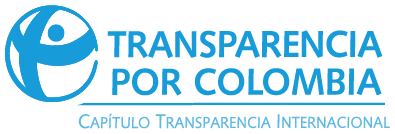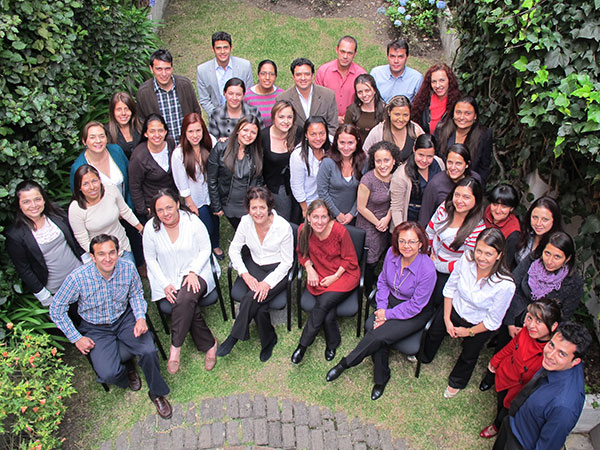
País: Colombia
Página web: transparenciacolombia.org.co
Redes sociales: Twitter, Facebook, YouTube
Director: Sr Gerardo Andrés HERNÁNDEZ MONTES, Director Ejecutivo
Correo electrónico: andres.hernandez@transparenciacolombia.org.co
Teléfono: +57 6100822 ext 103
Idiomas: Español, Inglés
Trabajo de la OSC en el ámbito de la lucha contra la corrupción
La Corporación Transparencia por Colombia -TPC-, capítulo nacional de Transparency International, nace en 1998 como respuesta de la sociedad civil colombiana a un escenario político complejo, por la incidencia de la corrupción en la institucionalidad pública y en el debilitamiento de la democracia. Desde entonces, TPC ha liderado desde la sociedad civil la lucha contra la corrupción y por la transparencia, en lo público y en lo privado, para promover una
Trabajo de la OSC en relación con la CNUCC
Transparencia por Colombia ha trabajado en el primer ciclo de revisión de la implementación de la CNUCC, dónde se revisaron los capítulos 3 y 4. Asimismo, ha realizado ejercicios particulares de la implementación de la Convención en regiones particulares del país.
Además, Transparencia por Colombia hace seguimiento continuo a la Política Anticorrupción del Gobierno Nacional y de otras entidades relevantes en la materia, como los organismos de control e investigación.
¿Están trabajando en otros países también?
Hacemos parte de Transparencia Internacional, movimiento de lucha contra la corrupción líder en el mundo que trabaja en más de 100 países.
Organization Mission
We are an independent citizens’ group that helps to prevent corruption by working with the public, the private sector and community stakeholders. Through the provision of training tools on the UN Convention against Corruption, as well as on methodologies, reports and advocacy, we aim to increase public awareness of corruption-related issues. For example, we created a website, called ‘Clear Accounts on Elections’, which enables citizens to learn how they can promote accountability of candidates and political parties in elections. We’ve also developed an open-source tool, Internet for Accountability, which provides local governments with solutions to become more transparent. Although Colombia is a party to the UNCAC, serious corruption scandals in the country continue to surface. Such revelations, coupled with results from investigations by the judiciary on such matters, have revealed just how much drug trafficking, violence and corruption has led the country astray from the tenets of the UNCAC.

How did your organization get involved in the Coalition?
It became clear that to have a more active role in implementing the UNCAC, TI Colombia needed to join the Coalition, which it did in 2010.
What do you find most exciting about UNCAC work?
Working collectively with networks and groups from all over the world to help enforce laws and standards that aim to prevent, uncover, investigate and end corrupt acts in the public and private sectors.
What, if any, UNCAC related activities have you been involved in?
In 2011, with support from representatives of the UN Office on Drugs and Crime in Colombia, we developed a civil society report on the UNCAC review mechanism in the country. Following completion of the report, we were invited to participate in the evaluation committee of the UNCAC review mechanism in early 2013.
What UNCAC related activities/work are you most looking forward to?
Raising awareness of UNCAC provisions, so that public entities at the national, departmental and municipal level, as well as the private sector, can identify how to implement UNCAC mandates in their everyday tasks. And by using national laws and other relevant tools, we can encourage the development of a comprehensive state policy that empowers all efforts towards achieving transparency and accountability and fighting corruption in Colombia.



